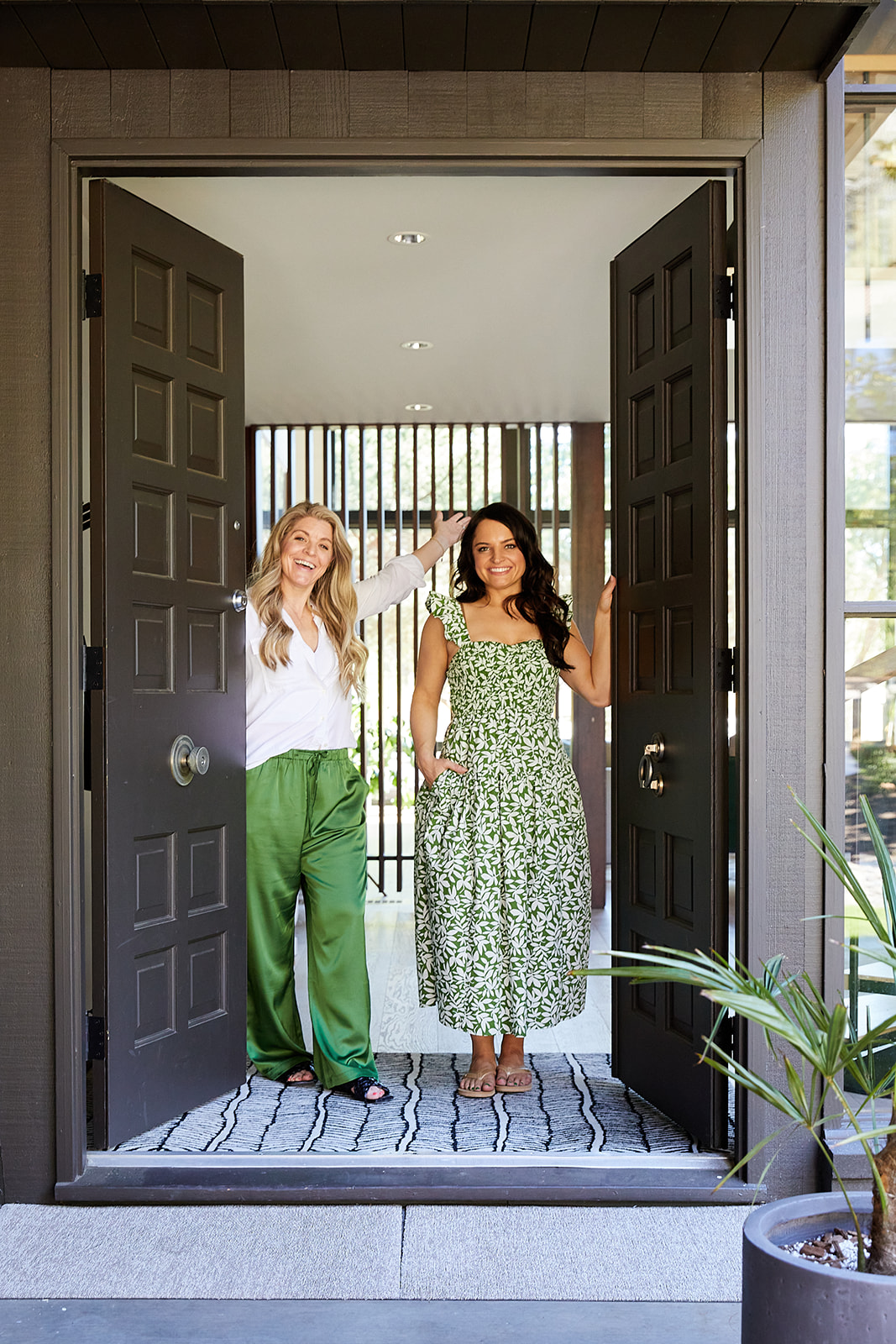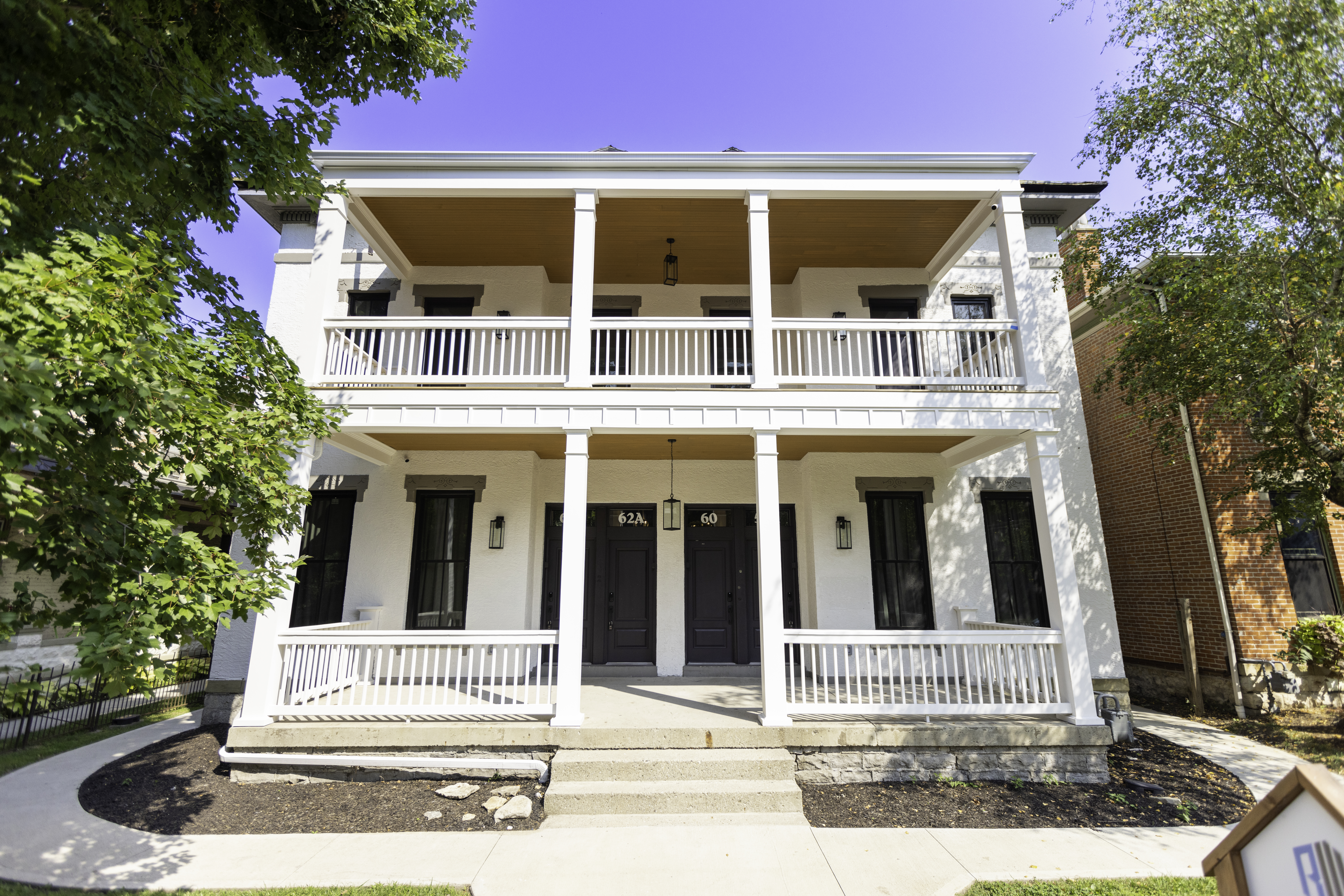
Are You Leaving Money on the Table?
Effective pricing is one of the most important drivers of success in short-term rentals. The right strategy not only maximizes revenue but also keeps your calendar full. Yet many hosts struggle to find that perfect nightly rate.
From seasonality and local events to guest behavior, there’s a lot to consider. This guide walks you through proven pricing strategies to help you boost bookings and income, no matter your market.
Understanding the Airbnb Marketplace
Before setting rates, it’s essential to understand how Airbnb works. The platform’s search algorithm favors listings that offer strong value. If your pricing is too high, your listing may rank lower in search. Too low, and you risk leaving revenue on the table.
Your goal is to stay competitive without underpricing. A solid strategy helps you strike that balance—and get noticed by the right guests.
7 Effective Airbnb Pricing Strategies
A great pricing strategy adapts to the market. Here are seven approaches to help you stay profitable and booked:
1. Use Dynamic Pricing
Dynamic pricing adjusts your rates in real time based on demand. Prices rise during busy seasons and fall during slower periods. This approach helps you maximize occupancy and revenue throughout the year.
Airbnb’s Smart Pricing tool is a starting point, but many hosts prefer third-party software like PriceLabs or Beyond Pricing for more control and accuracy. These tools analyze market data and competitor rates to keep your pricing optimized—automatically.
2. Offer Discounts for Longer Stays
Longer bookings reduce turnover and operating costs. Offering weekly and monthly discounts can attract digital nomads, remote workers, and relocating professionals.
Consider offering 10–15% off for weekly stays and 20–30% off for monthly stays. This encourages guests to book longer while helping you stabilize income, especially during slow periods.
3. Implement Seasonal Pricing
Every market has peak and off-peak seasons. Your pricing should reflect these shifts. During high-demand periods—like holidays or local events—you can often increase your base price by 20–50%.
Track your area’s seasonal trends and mark high-demand dates in advance. Don’t overlook local events, which can create temporary spikes in bookings similar to major holidays.
4. Use Smart Minimum Stay Requirements
Strategic minimum stay rules help you avoid inefficient bookings. For example, setting a 3-night minimum on weekends prevents losing money on one-night stays that leave your calendar fragmented.
In slow periods, lowering your minimum to 1 or 2 nights can attract spontaneous travelers and fill gaps. Many software platforms allow you to automate these rules based on the day or season.
5. Price Competitively for Last-Minute Bookings
Empty nights equal lost revenue. Consider lowering prices gradually as dates approach to attract last-minute bookings. A discount of 5–15% for open nights within the next few days is often enough to seal the deal—without devaluing your listing.
Most pricing tools can handle this for you automatically, so you can stay competitive without manual updates.
6. Adjust Pricing for Weekends and Holidays
Demand often spikes on weekends and major holidays. Adjust your rates accordingly. A 20–50% increase for weekends is common, and you may be able to charge double your normal rate on high-demand holidays.
Pair this with longer minimum stays to avoid short gaps and make the most of these lucrative periods.
7. Consider Your Costs When Setting Prices
You can’t set profitable rates without knowing your expenses. Start by calculating your break-even nightly rate, including mortgage, utilities, taxes, insurance, cleaning, and platform fees. Then build in a healthy margin.
This baseline will help you apply dynamic pricing, discounts, and other tactics without risking your bottom line.
Consider Your Property Type and Amenities
A luxury cabin with a hot tub and a private deck will command higher rates than a basic studio. Your property type and included amenities significantly affect what guests are willing to pay.
Highlight features like fast Wi-Fi, a full kitchen, outdoor space, or family-friendly gear in your listing. Know what your audience values, and price accordingly.
Tools to Help with Airbnb Pricing
Manually updating your prices every day isn’t realistic. Fortunately, dynamic pricing tools can do the work for you:
- PriceLabs – Offers robust dynamic pricing, customizable rules, and data insights.
- Beyond Pricing – Automatically adjusts rates using market demand and your booking history.
- Wheelhouse – Delivers advanced analytics and customizable pricing strategies.
- AirDNA – Offers market data, competitor analysis, and demand forecasts (but doesn’t update prices directly).
Using one of these tools saves time and keeps your pricing competitive year-round.
Beyond Airbnb: Why You Need a Direct Booking Strategy
While optimizing pricing on Airbnb is critical, building your own direct booking channel gives you more control—and more profit. Without platform fees, you can offer guests a small discount and still earn more per booking.
Direct bookings also encourage repeat guests, allow custom policies, and reduce dependency on third-party platforms. It’s a smart move for scaling your hosting business.
Monitor and Adjust Your Strategy
The market changes constantly, and your pricing should evolve too. Regularly review key metrics like:
- Occupancy rate – Too low? You may be overpriced.
- Booking lead time – Fully booked months out? You might be underpriced.
- ADR (Average Daily Rate) and RevPAR (Revenue Per Available Room) – Track these to measure performance over time.
Test new strategies, review results, and stay flexible.
Reviews Impact Pricing
Positive reviews increase your credibility and booking potential—allowing you to charge more. Guests often pay a premium for listings with consistent 5-star feedback.
Deliver clean, well-managed stays and excellent communication to earn great reviews. New listings can start with slightly lower rates to attract bookings, then gradually increase pricing once strong reviews are in place.
Takeaways
Effective Airbnb pricing isn’t a one-time task—it’s an ongoing process. With a smart mix of dynamic pricing, seasonal adjustments, and minimum stay strategies, you can boost your earnings and fill your calendar consistently.
Use technology to your advantage, track performance data, and keep refining your approach. Pricing with intention is one of the most powerful ways to thrive as a host.
Not sure if your property is fully stocked for guests? Our free Airbnb Essentials Checklist takes the guesswork out of setup—download it today to ensure you never miss a must-have item. And if you’re serious about streamlining operations and increasing guest satisfaction, be sure to check out our post on Why Airbnb Co-Hosts Need a PMS. It breaks down how a property management system can automate everything from guest messaging to inventory tracking—so your essentials stay replenished and your reviews stay five stars.
Calling All Hosts: The Hosting Handbook
If you found this guide helpful, you’ll love the Hosting Handbook—our all-in-one resource packed with actionable strategies we use in our own short-term rental business. From towel folding to pet pricing, it’s your go-to manual for running a profitable and hospitable rental.
Ready to level up your hosting? Grab your copy of the Hosting Handbook now.



show comments
HIDE comments